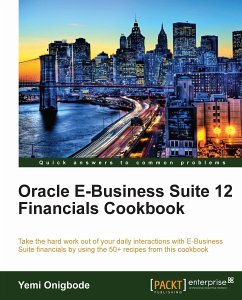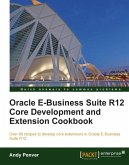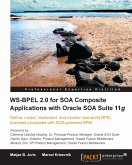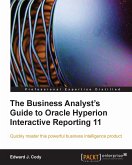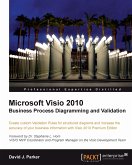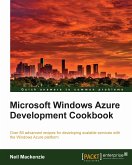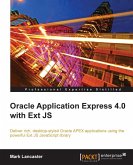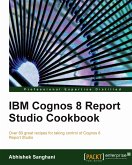Oracle EBS Financials Suite is a solution that provides out-of-the-box features to meet global financial reporting and tax requirements with one accounting, tax, banking, and payments model and makes it easy to operate shared services across businesses and regions. Have you ever wondered how the EBS Financials modules integrate with each other, and do you want to know how this is done quickly? If so, this book is for you. You may have read about what EBS financials does, but with this book on your work desk you will see how to do it.
The Oracle E-Business Suite 12 Financials Cookbook will enable you to taste the core functionalities of the main modules using bite size recipes. Each recipe is organized in a way that will enable you to learn the core steps to perform in a key business scenario; it then dives deeper into concepts and scenarios.
Discover scenario-based recipes, designed to help you understand how the end-to-end processes within EBS R12 Financials modules are linked together, through touch points. With each chapter, this book develops a full business end-to-end scenario to cover the financial modules. You will start by creating items in Inventory, and then purchase items in Procurement. Then you will move on to entering supplier invoices and paying them in Payables and creating and managing assets.
See how items are sold and shipped to customers in Order Management, and how funds are received from customer in Receivables. Manage cash and transfer transactions to General Ledger, and then close periods.
The Oracle E-Business Suite 12 Financials Cookbook will enable you to taste the core functionalities of the main modules using bite size recipes. Each recipe is organized in a way that will enable you to learn the core steps to perform in a key business scenario; it then dives deeper into concepts and scenarios.
Discover scenario-based recipes, designed to help you understand how the end-to-end processes within EBS R12 Financials modules are linked together, through touch points. With each chapter, this book develops a full business end-to-end scenario to cover the financial modules. You will start by creating items in Inventory, and then purchase items in Procurement. Then you will move on to entering supplier invoices and paying them in Payables and creating and managing assets.
See how items are sold and shipped to customers in Order Management, and how funds are received from customer in Receivables. Manage cash and transfer transactions to General Ledger, and then close periods.

